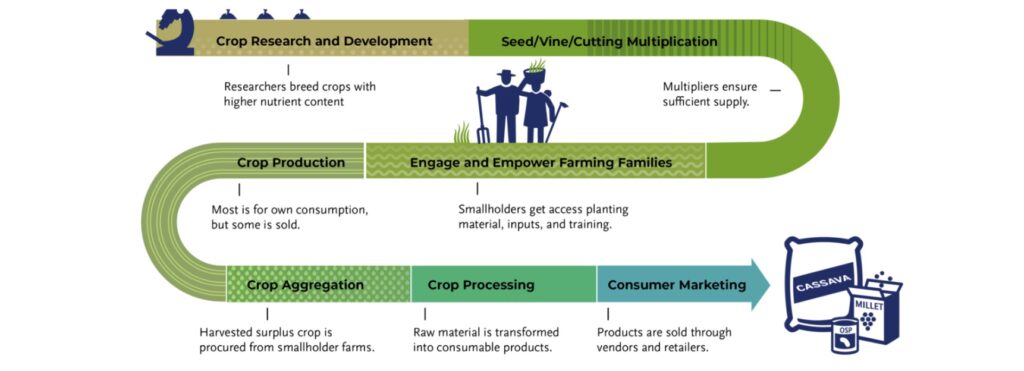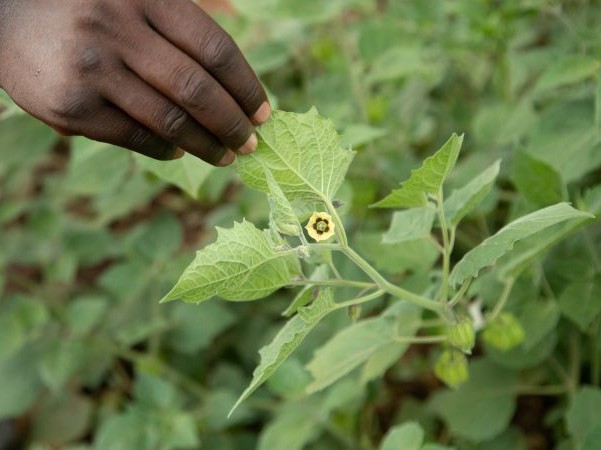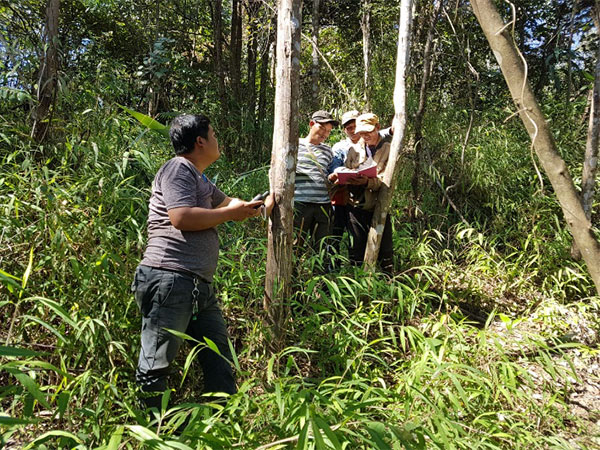Special varieties against malnutrition
The situation
More than 80% of the people in Zimbabwe cannot afford a healthy diet. As a result, they do not eat a varied menu and mainly eat staple crops. However, these are a poor source of important micronutrients such as iron, vitamin A and zinc. A constant deficiency of these micronutrients has a significant long-term impact on health. Iron deficiency is manifested by anemia and fatigue, among other symptoms. Vitamin A deficiency impairs vision, leads to night blindness and a higher risk of infection.
The situation
HarvestPlus aims to counteract this malnutrition by growing crops fortified through biofortification. The focus is on switching to nutrient-rich, high-yielding and climate-friendly varieties of important staple foods such as maize, sweet potatoes, beans, millet, rice and wheat. In Zimbabwe, a so-called biofortified food basket (iron beans, vitamin A maize and vitamin A sweet potatoes) will be disseminated through commercial markets.
In addition, the project will establish a digital marketplace for biofortified crops.
Natural and nutritious staple crops
Biofortification is a method of conventional plant breeding. The aim is to combat the consequences of malnutrition locally in the long term – through nutrient-rich crops with a high content of iron, zinc and vitamin A.
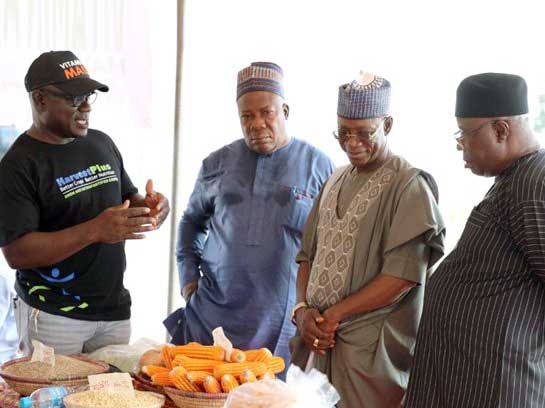
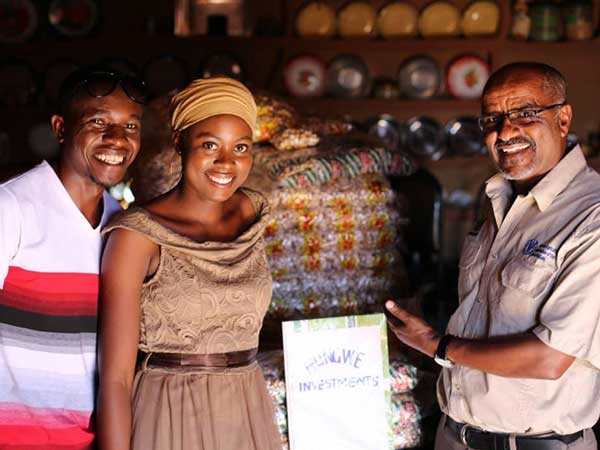
Best variety for great yield and climate
Through analysis, the aim is to find the varieties that are already naturally nutrient-rich. Crossing with other varieties creates biofortified versions that are not only more nutritious, but also higher-yielding and climate-friendly.
HarvestPlus is pioneering biofortification. This technology uses conventional plant breeding techniques to develop high-yielding, climate-tolerant staple crops that are high in iron, zinc and vitamin A, the three micronutrients that are most important for public health worldwide.
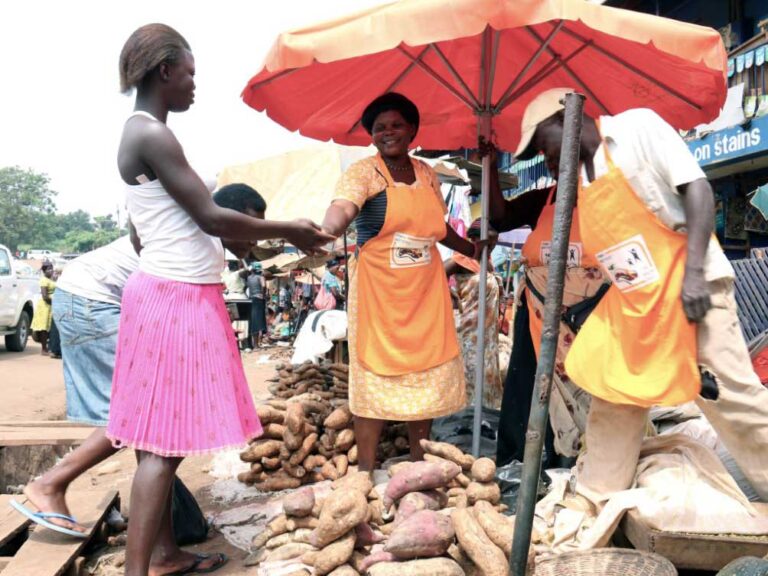
Farmers sell their products at markets
Of course, the farmers also consume their biofortified plants themselves and thus benefit from the health advantages. They can also sell additional products on markets and generate income due to the higher yield.
Establishing biofortification sustainably
Sustainable integration of biofortified crops into food systems requires a comprehensive approach that extends from crop research and development to consumers of biofortified crops and foods. Farmers need reliable access to affordable, continuously improved biofortified planting material and the know-how to grow it.
But they also want to sell a portion of their crop to make a living. To make this possible, HarvestPlus provides technical assistance, strategic advice, capacity building, and evidence-based policy support to partners along the entire agricultural value chain.

